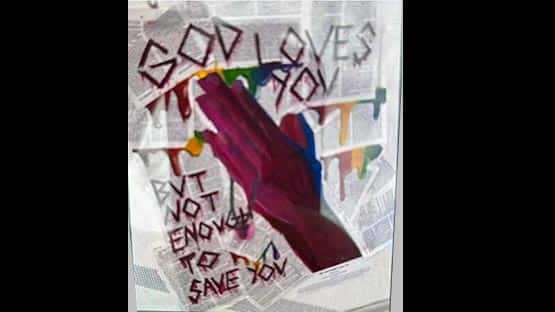
Marijuana activists and leaders from across Virginia and Maryland are coming together to discuss how ending marijuana prohibition in the state could better benefit Black communities and other communities of color.
“Cannabis Transformation: Hashing out the Way for Virginia,” a virtual discussion panel hosted by Hampton Roads group 757 Eviction Prevention Fund, will be held on Thursday, July 1 at 6 p.m.
Event organizers hope the panel will spark deeper conversations about the new laws and what they could mean for the future of Virginia. Stakeholders from across Virginia are invited to attend to share in a discussion of how Virginia can ensure the Commonwealth’s cannabis transformation is focused on equity and justice for the communities most impacted by the criminalization of marijuana, including the potential for using tax revenues as reparations to empower communities of color.
Details
Event: Discuss How the End of Marijuana Prohibition Will Impact Minority Communities
When: Thursday, July 1 at 6 p.m.
Where: Zoom (register at tinyurl.com/CannabisVA)
Gov. Ralph Northam signed legislation HB2312/SB1406 in April allowing those 21 and older to possess up to an ounce of marijuana and for adults to grow up to four plants in their homes.
“I am hoping to gain a better understanding of how we galvanize our state and local economies to financially compensate for the years of hardship and stigma that criminalizing marijuana successfully accomplished for communities of color,” said social activist and Norfolk City Council Candidate Jackie Glass who is moderating the forum. “Decriminalization of marijuana must not be seen as a remedy to inequities in our justice system in and of itself. New laws must be implemented in such a way that income, jobs and investment opportunities, alongside the reinvestment of tax revenues all work in tandem to create equity in communities most affected by the criminalization of marijuana.”
The forum was the idea of event organizer Lafeetah Byrum. After learning that the new law included provisions to end disproportionate enforcement of marijuana laws and give those most harmed preference for licensing in the newly legalized industry, she saw it as a signal to expand the conversation of reparations in Virginia.
“The median Black family has thirteen cents for every one dollar in wealth held by White families. As a housing advocate, I feel the weight of this reality every time I speak with Black tenants fighting to keep a roof over their families heads,” said Byrum, who serves as an administrator for 757 Eviction Prevention. “Cannabis commercialization, with its potential to draw annual revenues upwards of $1.2 billion annually, is a huge opportunity for Virginia to be transformative in narrowing the racial wealth gap in our state. Not for nothing, creating direct access to capital is how you repair harm to communities most affected by the war on drugs.”
“Knowledge on responsible integration of cannabis into our communities literally means the difference between capitalizing on social and economic power, or being swept away in another agricultural and cash crop boom already well underway in our nation,” says Vincent Hodges, a community organizer and co-founder of the mutual aid collaborative H.E.R.E. in Norfolk.
“Based on conversations I’ve had, Black folks between the ages of 21 to 40 have an interest in distribution and licensing. That was the first thing folks asked me about! Their optimism is not as high because of the cynicism of the process,” says Christopher Rashad Green, a civil rights activist and formerly incarcerated individual who will be a panelist at the event. “We have poor communities with limited access or equity to compete with corporate interests. But several community leaders, myself included, are demanding set-asides/reparations so that our communities can be repaired. The laws are still blurry on how exactly legalization will be implemented. More transparency and community conversation is needed. To most of us who’ve been impacted by marijuana legislation from the past, we see business as usual in regards to the law. Of course, it’s great not to be arrested for possession. But it still needs to play out, to see how law enforcement circles act moving forward.”










